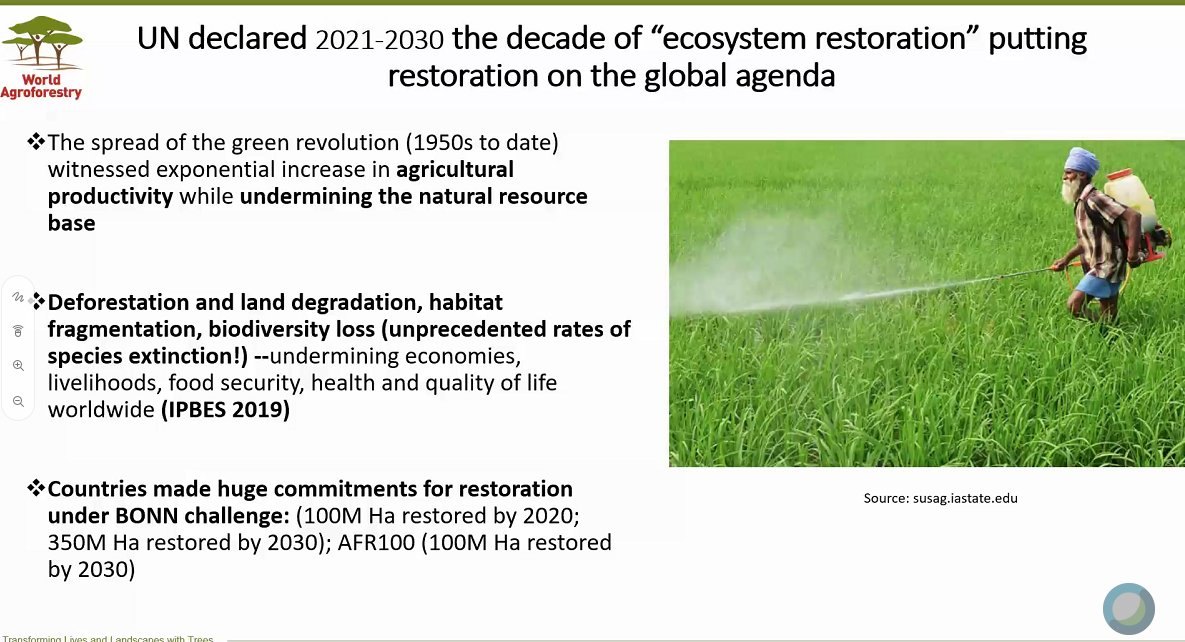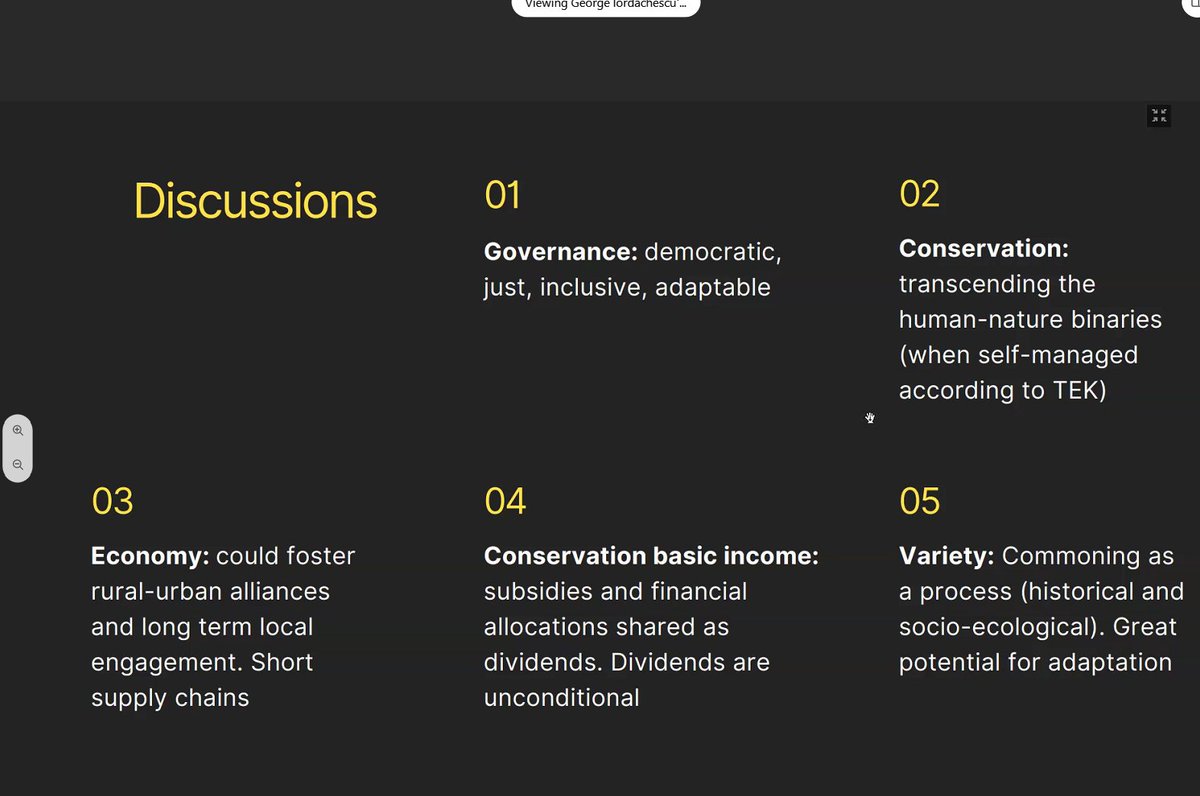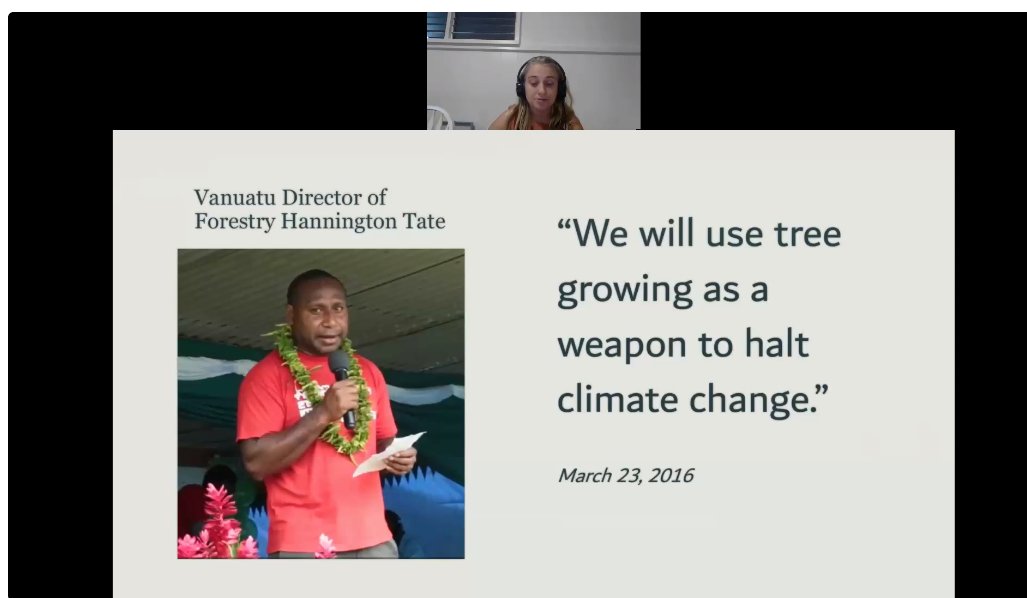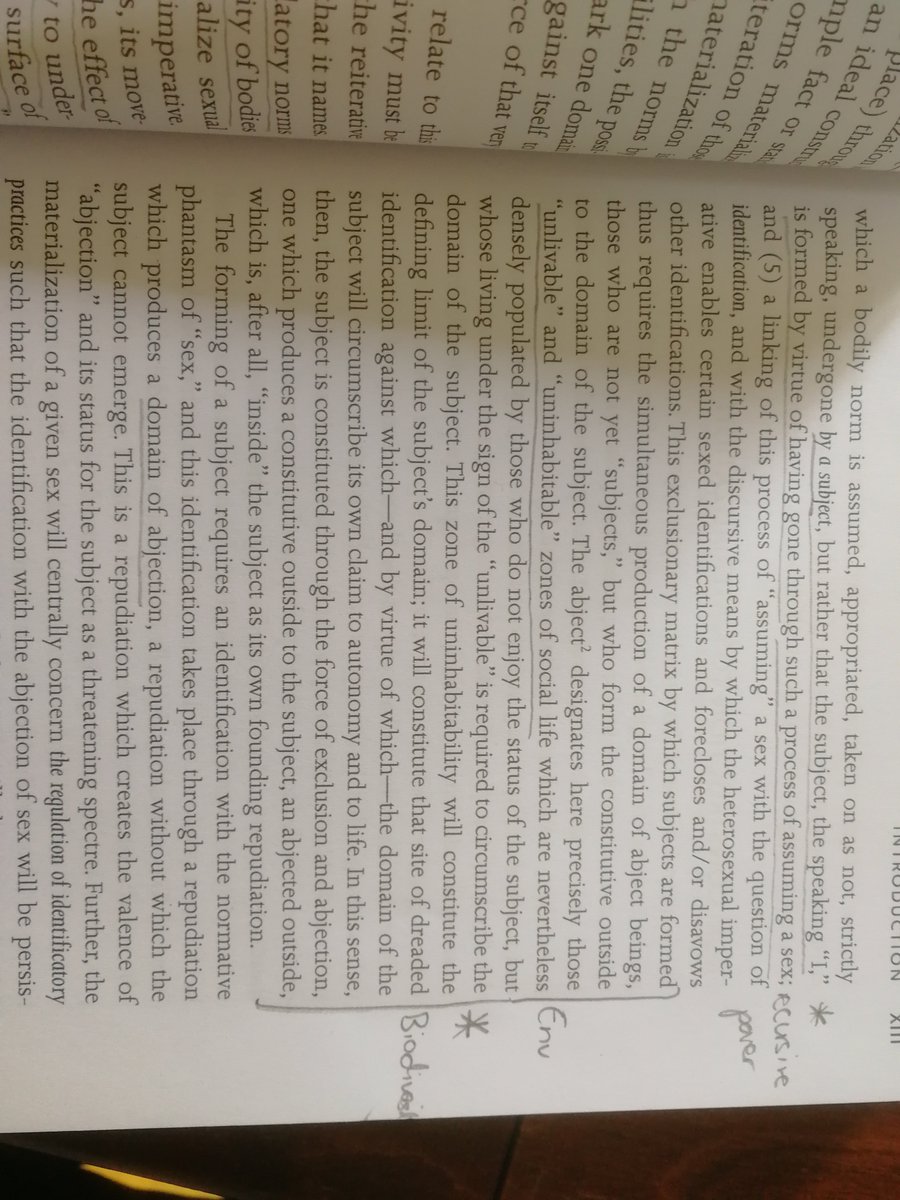Susan Chomba talking about the role of ecosystem restoration as part of a green recovery from COVID..
https://twitter.com/RegreenAfrica/status/1260913721548947463
Sue says now when we talk about restoration we are not necessarily talking about forest. Rarely do we mean return to a pristine state. We must be careful fo the restoration through fortress conservation model. 

But before we head into the future, lets look back on the question of 'how did we get here?' - a key role of the Green Revolution.
Much of the promises for the decade of restoration have been made under the Bonn Challenge..
Much of the promises for the decade of restoration have been made under the Bonn Challenge..

So what about the commitments then? Analysis shows that some countries have committed to restore 80% or even more than 100% of the total land area (or at least agricultural land)! 

So what do programmes and projects actually deliver? Most focus on the proximate socio-economic factors. Rarely do restoration efforts attempt to influence the underlying drivers, especially at higher scales. 

When it comes to trees in landscapes, let's consider a holistic approach to land restoration, understanding the interactions between agriculture and trees, incl. through #agroforestry 

Now Sue presents 3 myths around restoration that need to be busted. First up, Tree Planting is not enough..
First off, we need to think of Tree Growing, a la @duguma_l
She reminds us, different trees provide different traits, like nitrogren fixing, water infiltration ..
First off, we need to think of Tree Growing, a la @duguma_l
She reminds us, different trees provide different traits, like nitrogren fixing, water infiltration ..

Myth 2 - One Iconic Practice will be the sole solution.
No! It depends on the context. Different practices might be useful in different places..
Besides practices, what about strategies? @RegreenAfrica learning by doing - e.g. women's groups and #access!
No! It depends on the context. Different practices might be useful in different places..
Besides practices, what about strategies? @RegreenAfrica learning by doing - e.g. women's groups and #access!

Susan's now on to Myth 3 - Technologies will be enough
Wrong again! It depends just as much on governance and social aspects
Role of youth and women for instance..
Wrong again! It depends just as much on governance and social aspects
Role of youth and women for instance..

• • •
Missing some Tweet in this thread? You can try to
force a refresh




















